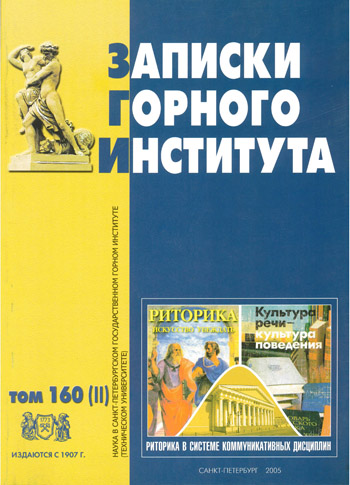Teacher rhetorical literacy: dream and reality
- 1 — Yamalo-Nenets District Institute for Advanced Training of Education Workers
- 2 — Gymnasium
Abstract
A current or future teacher should have an initial taste for true rhetorical speech behavior. And a teacher should be a highly rhetorically literate person, therefore Rhetoric should be given one of the most significant places in teacher training and retraining. Rhetorical literacy of a teacher should be considered as one of the components of pedagogical culture. Rhetorical literacy of a teacher is to a great extent a guarantee of rhetorical culture of the society both in the present and in the future. Today, such a state of affairs is a dream. In order to build the rhetorical space of a school, we should try to create a "critical mass" of teachers who, having perceived the idea of rhetorical education and rhetoricization, will inevitably begin to influence other members of the teaching staff, students, and the life of the school. Rhetorical education of teachers can take place in two stages: 1 - scientific and practical seminar "Fundamentals of interpersonal and professional communication", 2 - realization of the project "School of rhetoric for the teacher". The forms and ways of improving the rhetorical training of a modern teacher can be very different. It is important that they should be (according to Solon's thought that the word is the deed).
